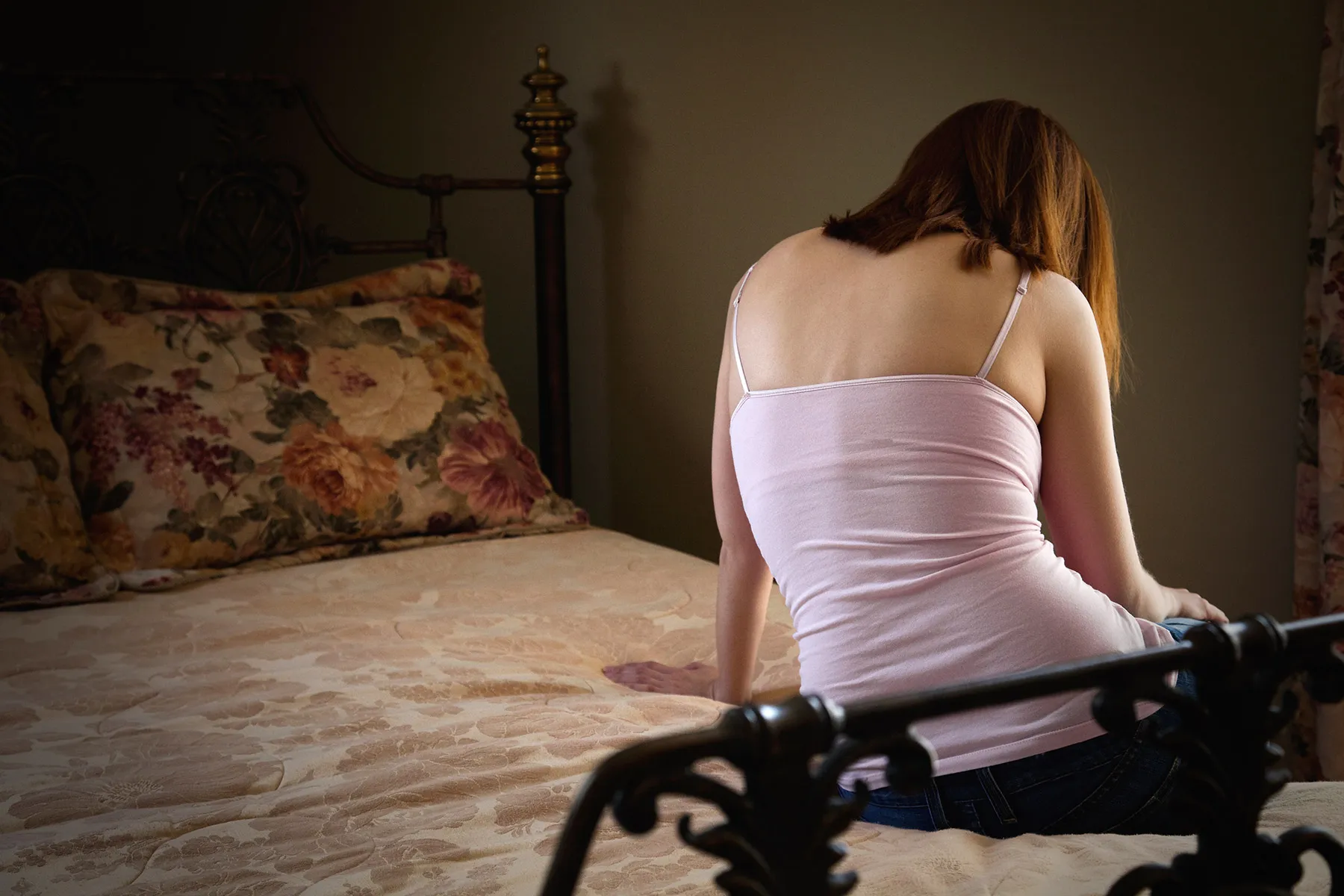Obstruction Charge Dominates Jan. 6 Hearing
A federal appeals court ruling could affect hundreds of cases involving people charged with the attack on the Capitol, including those who have already been sentenced or pleaded guilty— and potentially any prosecution of Donald Trump.

In a 90-minute hearing, prosecutors and defense lawyers argued over how prosecutors have used obstruction charges concerning Jan. 6. which carries a maximum of 20 years in prison, rather than petty offenses like trespassing or disorderly conduct, which carry sentences of less than a year, reports Alan Feuer for the New York Times.
Prosecutor, James Pearce, argued that destroying government property and assaulting Capitol police officers merited an obstruction charge, saying that was correctly applied in nearly 300 Jan. 6 criminal cases. If the three-member panel disagrees, prosecutors must find a replacement charge for Jan. 6 rioters or accept the lower counts. Gregory G. Katsas was the sole judge that appeared to believe the obstruction charge had been applied beyond its scope concerning Jan. 6, while the other two judges appeared more in favor of the prosecutors’ arguments. The panel’s decision will play an outsized role on whether former president Donald Trump would face charges in connection to Jan. 6 since legal experts argue an obstruction count would be the most likely charge brought against him.

 Landwebs
Landwebs 






















